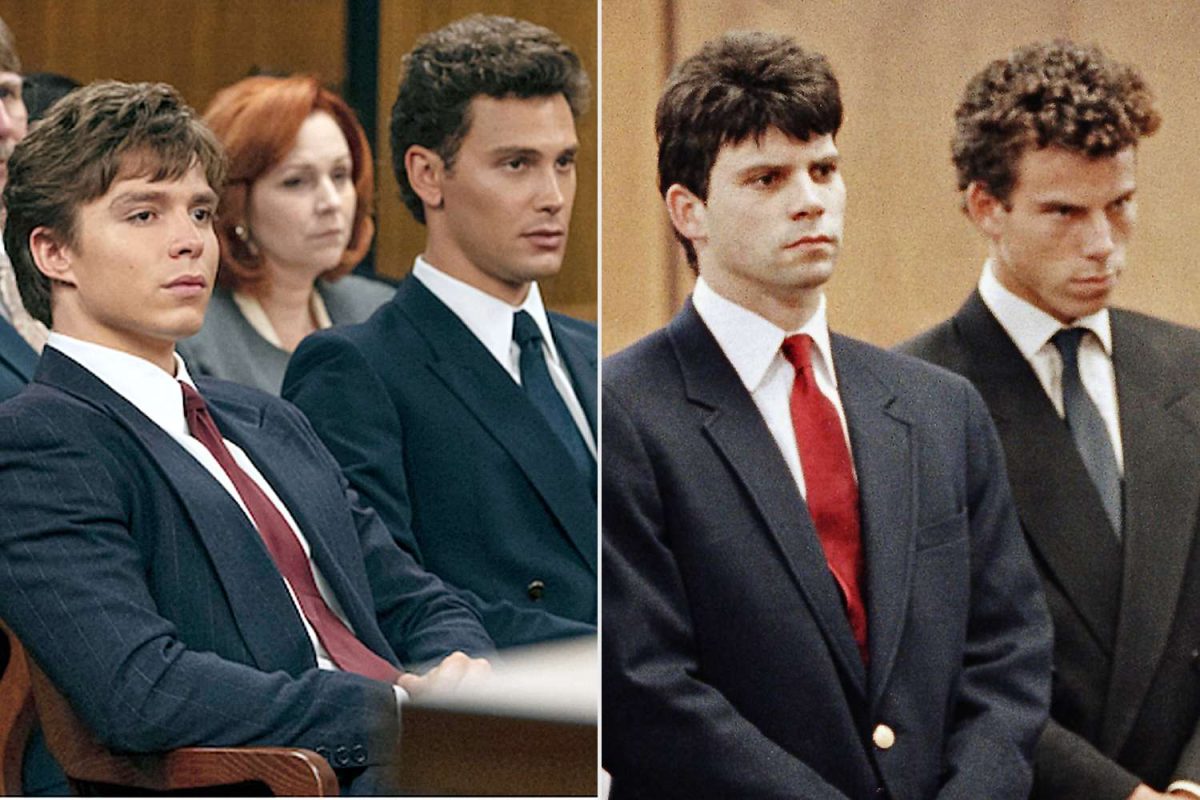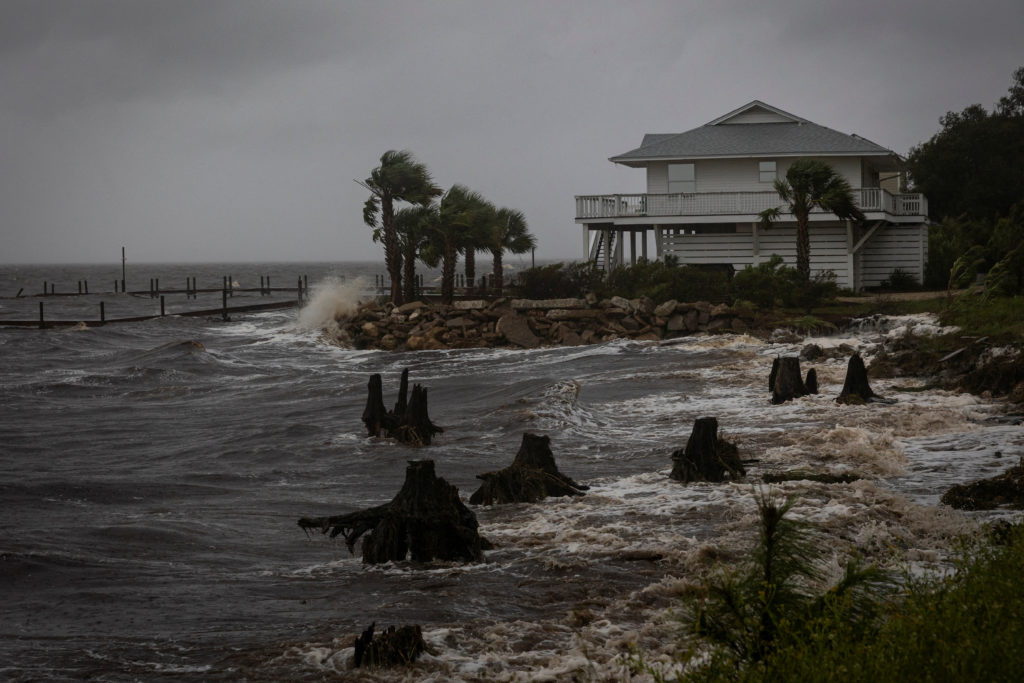On March 15, 2025, over 100,000 Serbian citizens gathered around the streets of downtown Belgrade, equipped with flags, posters, and pent-up frustrations. The protesters’ anger dates back to November 1, 2024, when the recently reconstructed, high-traffic Novi Sad Train Station suddenly collapsed. This tragedy exposed corruption within Serbia’s government, prompting national demand for greater transparency and accountability. “Serbian prosecutors have so far indicted [thirteen] people for their role in the disaster, including the former minister [of] construction, transportation, and infrastructure,” Christian Edwards reports for CNN, “but protesters have demanded that more be done to hold people politically and criminally accountable.”
The Associated Press describes Saturday’s rally as the inevitable “culmination of months-long protests against Serbia’s populist President Aleksandar Vučić and his government.” Vučić, who served as prime minister from 2014 until 2017 when he was elected as president, is the leader of the populist-but-not-really-
Ivana Stradner from the DC-based think tank Foundation for the Defense of Democracies compares Vučić’s Serbia to “Russia…in the early 1990s,” which she describes as “criminal [and] corrupt with no rule of law.” This sentiment is reiterated by Spasojević: “Serbian elections are not fully free and fair, and the ruling parties have significant advantages.” Spasojević goes on to illustrate how Vučić has ruled the country with “authoritarian tendencies,” putting “democratic standards” on the backburner. (And when considering Vučić’s experience as the information minister under Yugoslavian president Slobodan Milošević, who was infamously charged with war crimes by the UN’s International Criminal Tribunal during the 1990s Kosovo conflict, his behaviors don’t come as terribly surprising.)
Much of Serbia’s population is done with Vučić’s antics. And if international bestselling author Robert Greene is correct, the anti-Vučić camp may very well see their hated president fall from his throne. In Greene’s video “The Problem with the Democratic Party,” he explains the importance of having an explicit and easily understandable stance in order to gain political power, which the SNS and the Democratic Party in the United States currently lack. He cites Martin Luther King Jr. and Margaret Thatcher as historical evidence of how standing for something “very strong, very [clear, and] very powerful” is more successful than “trying to please everybody.” As they anticipate the downfall of Vučić, Serbia’s frustrated citizens may find solace in the following Taylor Swift lyric, which succinctly sums up Greene’s sentiment: “A friend to all is a friend to none.”














